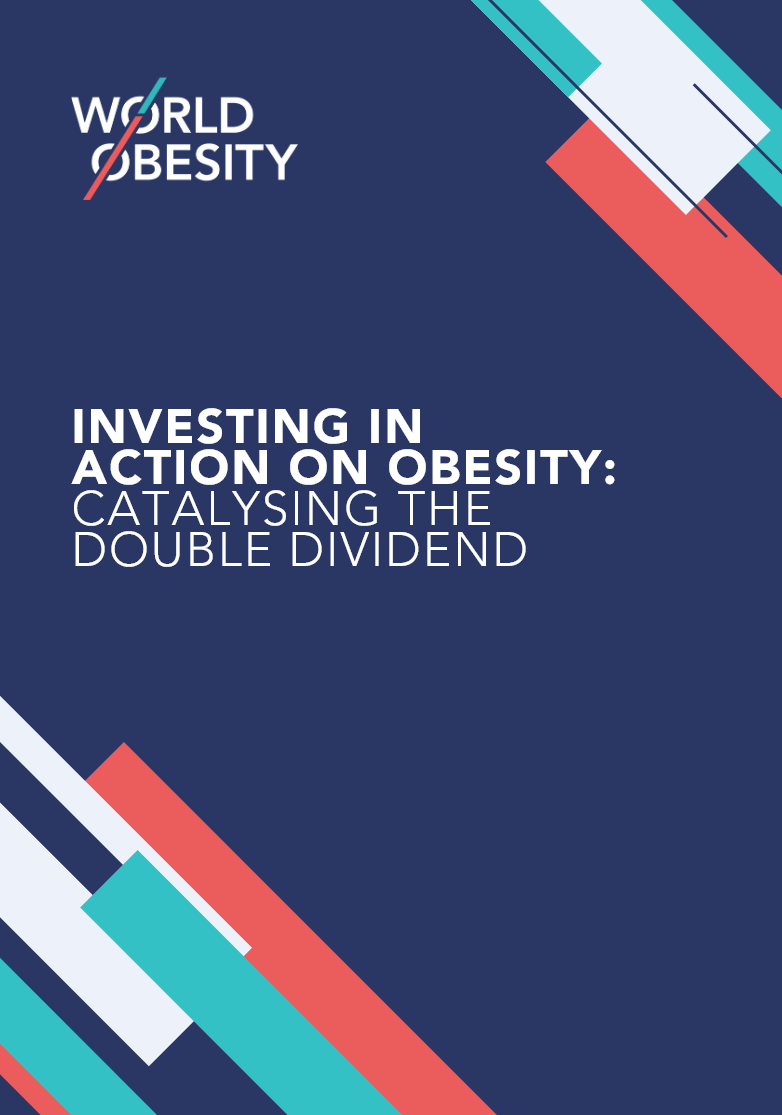United for Global Mental Health
4th Global Mental Health Advocacy Forum: Key Learnings and Take-Home Messages for Mental Health Advocates from the Forum’s Plenary Sessions
Report
05 Feb 2026

World Obesity has published a new advocacy brief, making the case for action on obesity as a ‘win-win’ investment for countries in fiscally challenging times.
“Investing in Action on Obesity: Catalysing the Double Dividend” argues that investing in obesity prevention and management is both a moral and economic imperative, offering a “double dividend” of health and development gains. With over one billion people currently living with obesity and four billion projected to be affected within a decade, inaction will hinder global progress toward the Sustainable Development Goals (SDGs).
Obesity drives multiple noncommunicable diseases (NCDs), including diabetes, hypertension, and cancer, while costing the global economy nearly 3% of GDP by 2030.
Multisectoral action is needed - spanning health, education, food systems - supported by coordinated financing mechanisms. Cost-effective interventions, such as the WHO “Best Buys” (e.g., sugar-sweetened beverage taxes, healthy food policies, and physical activity promotion), have demonstrated strong returns on investment. Additionally, investment in health systems will also be needed to ensure equitable access to effective treatment options.
Following the recommendations of the International dialogue on sustainable financing for NCDs and mental health, we emphasise the importance of domestic resource mobilisation, including health taxes and co-financing models across sectors, as the main sources of sustainable funding. Catalytic funds—such as WHO’s Health4Life Fund—and philanthropic contributions can complement national efforts, alongside multistakeholder partnerships.
There is an opportunity now for leaders to invest in addressing obesity as a way to change the course of global health. At this inflection point for the global health funding landscape, and looking ahead to the Third International Dialogue on Financing NCDs and Mental Health in 2026, this is a pivotal moment to ensure greater investment in and prioritisation of obesity. Such investment will benefit not only the billions of people living with or at risk of obesity themselves but also have significant broader double dividends for health and for society.